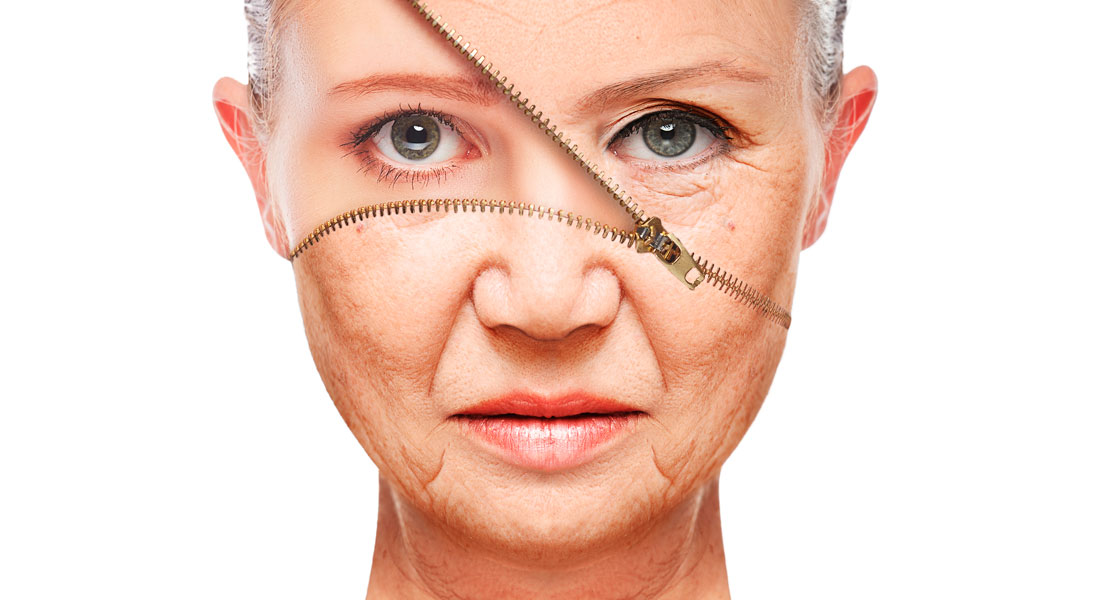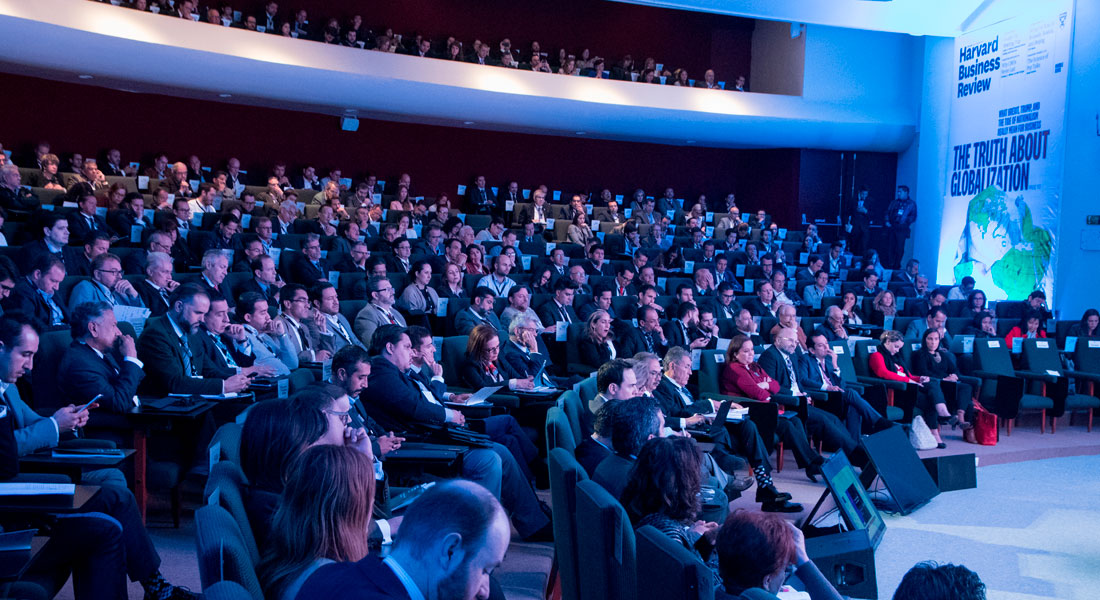


In an era in which science is advancing so unbelievably fast, we find that newer scientific studies are not only helping us understand our universe, our world, our biology, our bodies, and creating technologies which constantly improve our lives; but also starting to make us question paradigms as fundamental as this one – “we all grow old, our bodies start to malfunction, and one day we die”. Excellent podcasts, documentaries, a great variety of websites and TEDx talks by leading experts in fields such as biology, nanotechnology and neuroscience; are now teaching us that one of the things we all know and accept –everybody dies – may as well be just one more frontier of science, waiting to be conquered as many other have. The fundamental truth that we all age and die might as well be just one more relative, contextual “truth” which our newer scientific understandings might shatter in the future.
But how?!... Every human being has lived and will died eventually!... “The knowledge that every ambition is doomed to frustration at the hands of a skeleton have never prevented the majority of human beings from behaving as though death were no more than an unfounded rumor”. This quote by Aldous Huxley adorns the website of Senescence, a project that aims to understand the biological process of aging in order to, ultimately, “cure” it. In an interesting paradigm shift, many scientist nowadays who study the matter of aging, see and treat aging as a disease – one they are positive humankind can defeat. They teach us the life-altering idea that aging is not biologically inevitable. It does not have “a reason”, nor does it serve any evolutionary purpose. We happen to age, and our physical human bodies happen to malfunction and decay; however there is no biologically set purpose or function for this. (The point could be made, however, that the decay of bodies will eventually enrich the soil as part of the food chain, but from this premise alone it does not follow that an individual organism must biologically age). They also study some animal species which present biological peculiarities; such as sharks whose cells are immune to cancer or a certain type of jellyfish whose cells can age and then reverse to younger stages. This last example would seem to present us with a truly almost immortal being, immune to aging and only subject to death in cases of attack or accident. Especially nowadays with a rapidly aging global population, scientists from all kinds of disciplines are intensely studying the processes of aging, finding ways to slow down or reverse them – through means ranging from recommending general lifestyle changes, all the way down to breaking down the processes of individual body cells in order to intervene within them.
But let’s imagine for a second that we do manage to overcome aging in the near future. The natural consequence of this would be the achievement of general immortality. What would this mean in a world which already is overpopulated, struggling for resources?... Would people be more or less compelled to have children?... What would it mean for pension schemes, for health insurance?... Would healthcare become much more costly in the face of an unmanageable amount of very old – yet relatively healthy? – people, or rather the opposite: would it become much cheaper because of the new technologies with which we have defeated aging?... As with any new breakthrough, both the problems and the solutions we probably still cannot imagine.









